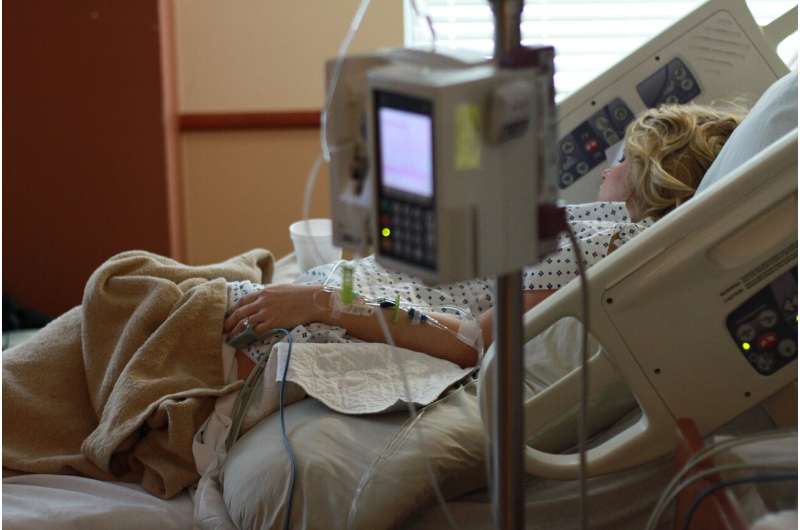
Some experts fear that recent reforms instated by the Centers for Medicare and Medicaid Services may lead to the closure of some dialysis facilities that treat patients with kidney failure. When investigators analyzed data from past dialysis facility closures, they found that patients affected by the closures experienced higher rates of hospitalizations. The findings, which appear in an upcoming issue of JASN, highlight the need for policies that reduce the risk of dialysis facility closures to help safeguard patients’ health.
More than 500,000 patients in the United States receive dialysis for the treatment of kidney failure at 7,100 dialysis facilities. When a dialysis facility closes, a patient may have difficulty traveling to a new facility or may temporarily receive sub-optimal care as the staff of a new facility establishes rapport with the patient and addresses common challenges that occur during dialysis treatments.
A team led by Kevin Erickson, MD, MS (Baylor College of Medicine) examined dialysis facility closures between 2001 and 2014 to assess the effects of closures on patient health outcomes. The researchers identified 8,386 patients affected by 521 dialysis facility closures. In different models, patients who were affected by dialysis facility closures experienced 7% to 9% higher rates of hospitalizations compared with similar patients at facilities that did not close. Also, patients affected by closures may have faced an 8% higher risk of dying within 6 months.
“Ongoing efforts to contain high costs of in-center hemodialysis, including recent national policy reforms, could increase the risk that some dialysis facilities will close. It is important to understand how dialysis facility closures impact the health of patients,” said Dr. Erickson. “We previously demonstrated that hospital-based dialysis facilities, which disproportionately care for vulnerable patient populations, are at increased risk of closures. Facility closures could exacerbate inequities in U.S. dialysis care.”
Study co-authors include Jingbo Niu MD, DSc, Maryam Saeed, MD, and Wolfgang Winkelmayer MD, ScD.
American Society of Nephrology

